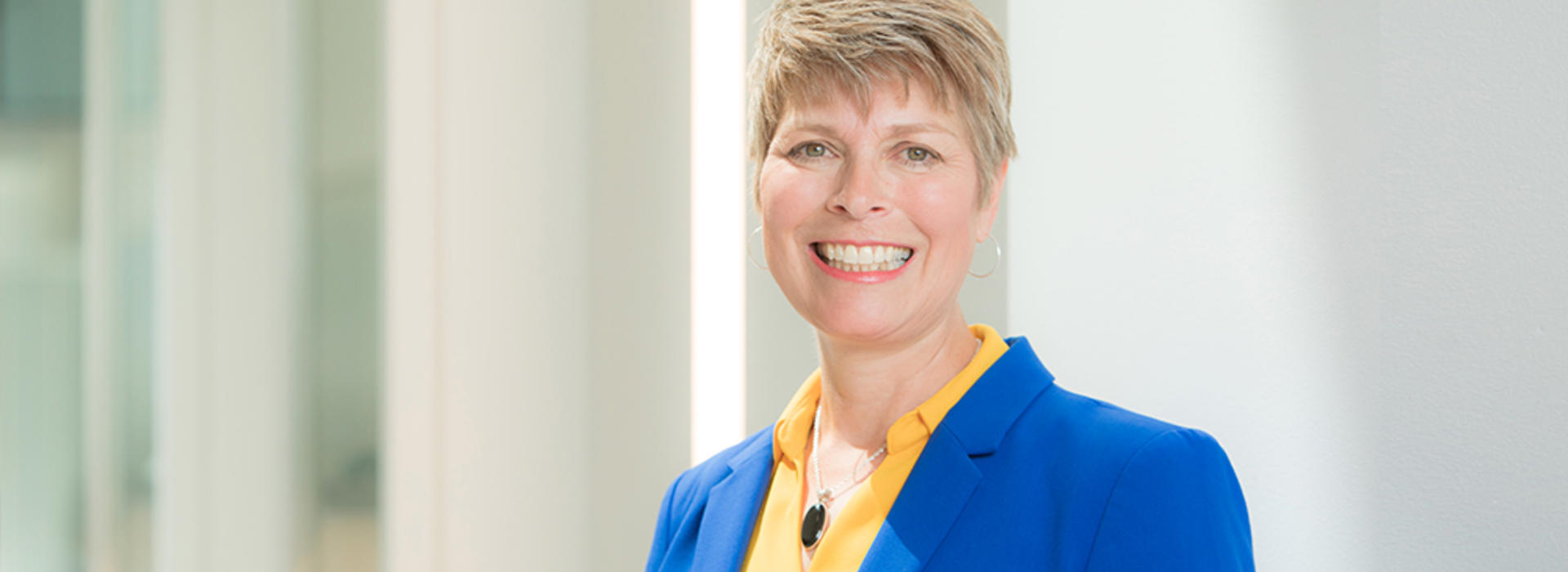
Dr. Anna Wirta Kosobuski Tackles Health and Educational Disparities
Anna Wirta Kosobuski, EdD, aims to target the pervasive health disparities of Native Americans in Minnesota through her work at the Medical School, Duluth campus. That mission includes sparking elementary students’ interests in math and science and building the foundation they need to ultimately develop ways to improve health in their communities.
An assistant professor in the Department of Biomedical Sciences, Wirta Kosobuski partners with Native American communities in northern Minnesota to narrow education disparities. The high school graduation rate hovers around 50 percent for Native Americans in Minnesota compared to the statewide rate of 83 percent in 2018.
“My ultimate goal is to help build a diverse, Native American science workforce,” Wirta Kosobuski says. “Native Americans are severely underrepresented in the sciences, and the number of Native Americans graduating with four-year degrees in science are on the decline.”
Empowering Communities to Customize Teaching
Wirta Kosobuski works regularly in the Bois Forte and Grand Portage tribal areas. She often drives four to six hours to build partnerships and design curricula for grades K-6 that match community needs and desires. That involves working closely with schools and the communities to determine how to deliver math and science content and address cultural aspects.
“The equitable partnership and respect for culture and autonomy allow Native American communities to have control over their children’s education,” she says. “They decide what is needed and what is best. This model empowers communities, and it has shown results,” including dramatically higher performances on state academic assessments at one school.
An Ojibwe, Wirta Kosobuski attended a summer science program at University of Minnesota Duluth for Native American high school students. It ignited her interest in science, prompting her to attend UMD and stay connected with programs for Native American students.
After earning her master’s degree, Wirta Kosobuski worked at its Center of American Indian and Minority Health as a program staffer and, eventually, associate director. She completed her doctorate in education while doing research, writing grants and handling other job duties.
Improving Health Through Science Education
Deeply rooted in northern Minnesota, Wirta Kosobuski feels closely connected to the Duluth campus’ mission to serve the medical needs of rural Minnesota and Native American communities. She appreciates the camaraderie among students, faculty and staff on the close-knit campus and the enthusiasm many show for participating in her student outreach.
Wirta Kosobuski believes her work has significant potential to make a big difference in the lives of Native American schoolchildren. It’s integral to interest Native Americans in scientific fields, she notes, because scientists tend to study areas and serve populations that they care about.
“This means that the children I work with are those future scientists who may dedicate their careers to studying the diseases they see their own loved ones and communities experience and prematurely die from,” Wirta Kosobuski adds.
For now, Wirta Kosobuski will continue to work tirelessly to increase the number of Native Americans in the sciences, ensuring that physicians and scientists focus on diseases common to Native Americans and improve health equity.